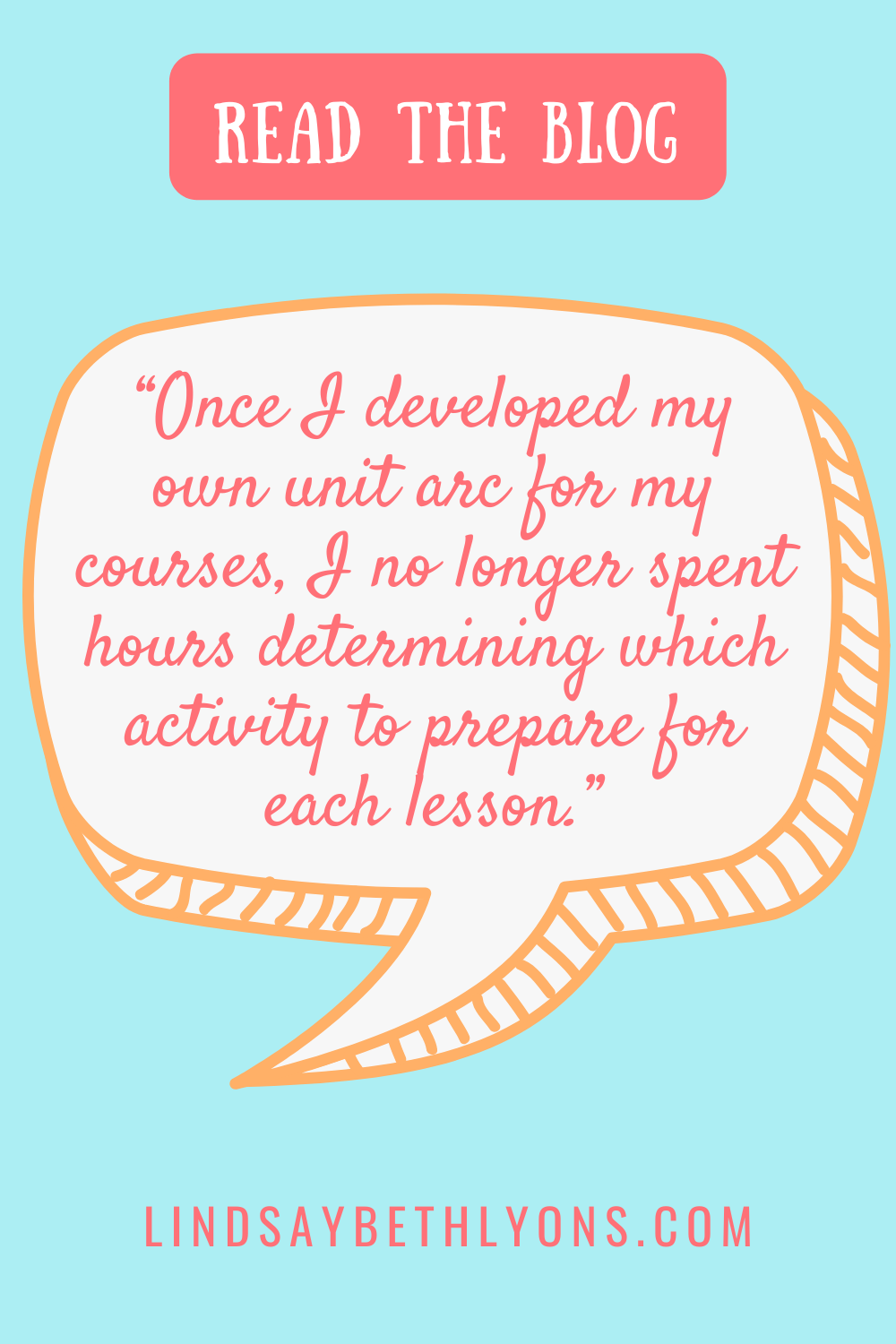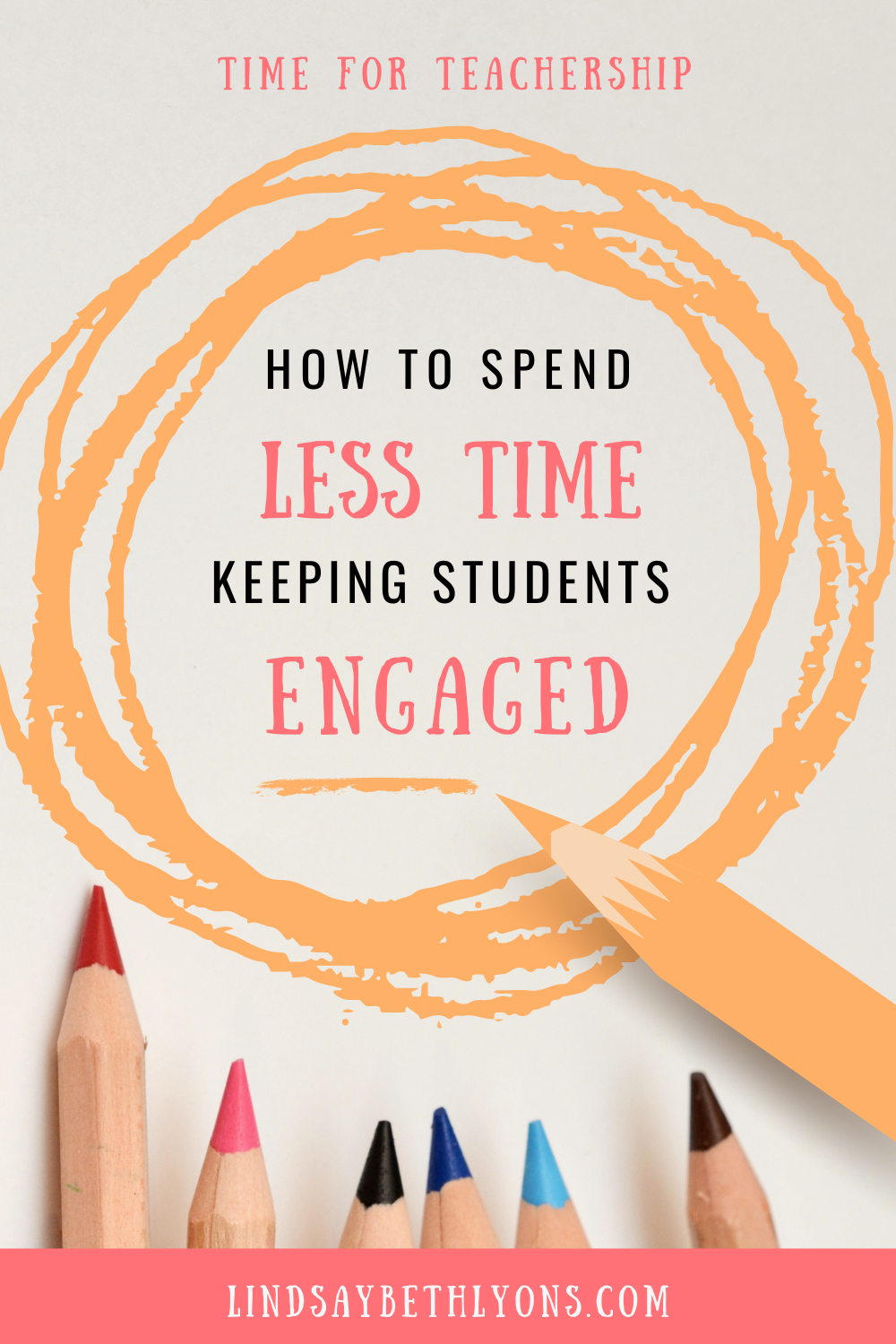|
Listen to the episode using the above player or by clicking the link to your preferred podcast platform below: Make it simple with a unit arc During my third year of teaching, I remember first hearing about unit arcs while sitting with my curriculum coach at the time. I was amazed at the possibility of using a handful of protocols again and again to save me so much time and energy as a teacher. As you’ll see, making your own unit arc doesn’t have to be scary. But it is a critical part of creating your own curriculum plans for your class. If you’re wondering what a unit arc is, it’s the pattern of purposeful learning experiences in which students engage throughout a unit. Establishing a pattern makes it predictable and simple for you to do each year. For a successful learning experience, make sure it is student-centered. The teacher should minimize their involvement while giving students the reins in solving challenges. Purposeful Protocols So what are the protocols that make up a unit arc? Behind each protocol should be a purpose. The four protocol purposes that I thought of after reading El Education’s protocols are as follows:
You definitely don’t have to come up with a hundred protocols. I recommend that you choose between 3 to 5 protocols using these 4 purposes. “Once I developed my own unit arc for my courses, I no longer spent hours determining which activity to prepare for each lesson.” Unit arc examples Unit arcs will vary from subject to subject, grade to grade, and teacher to teacher. Here’s one example of a unit arc used for a social studies class: First lesson—hook, Second lesson—establishing prior knowledge of students, Third lesson—broad overview, Fourth lesson—primary sources, Fifth—discussion, case studies, and so on. The type of unit arcs I create and help others make, focus on creating interest and engagement from students. These types of unit arcs provide students the chance to create meaningful work that tackles current issues in the present. I also believe that part of connecting students with these projects comes from allowing students to talk about these projects with an authentic audience. A great way to finish off a unit arc is with time for reflection. Students have the opportunity to consider what went well and get some helpful feedback on their work. Rarely do I find a bored student when using these unit arcs. The reason is that engaging content combats boredom. When students are engaged, they are building relationships with other students, staff, and faculty. They also take more ownership and improve communication skills and confidence. Battling boredom with engaging content is particularly if your classes are still being taught virtually. Trying to keep a student engaged while they’re watching you through a screen is challenging, and these unit arcs will make a world of difference. My suggestion for you now is to take the protocols that your students have already been loving and start building out that arc. To dive deeper into learning how to engage students, I have great news! You can register for my free 1 hour masterclass HERE or below. For more, check out my Curriculum Boot Camp course or the “Just the Protocols” module now so you can create your own project-based units grounded in justice in no time at all! Continue the conversation below in the comment section and join our community of educational visionaries on Instagram, LinkedIn, and Facebook. Until next time leaders, continue to think big, act brave, and be your best self.
0 Comments
Leave a Reply. |
Details
For transcripts of episodes (and the option to search for terms in transcripts), click here!
Time for Teachership is now a proud member of the...AuthorLindsay Lyons (she/her) is an educational justice coach who works with teachers and school leaders to inspire educational innovation for racial and gender justice, design curricula grounded in student voice, and build capacity for shared leadership. Lindsay taught in NYC public schools, holds a PhD in Leadership and Change, and is the founder of the educational blog and podcast, Time for Teachership. Archives
May 2024
Categories |




 RSS Feed
RSS Feed